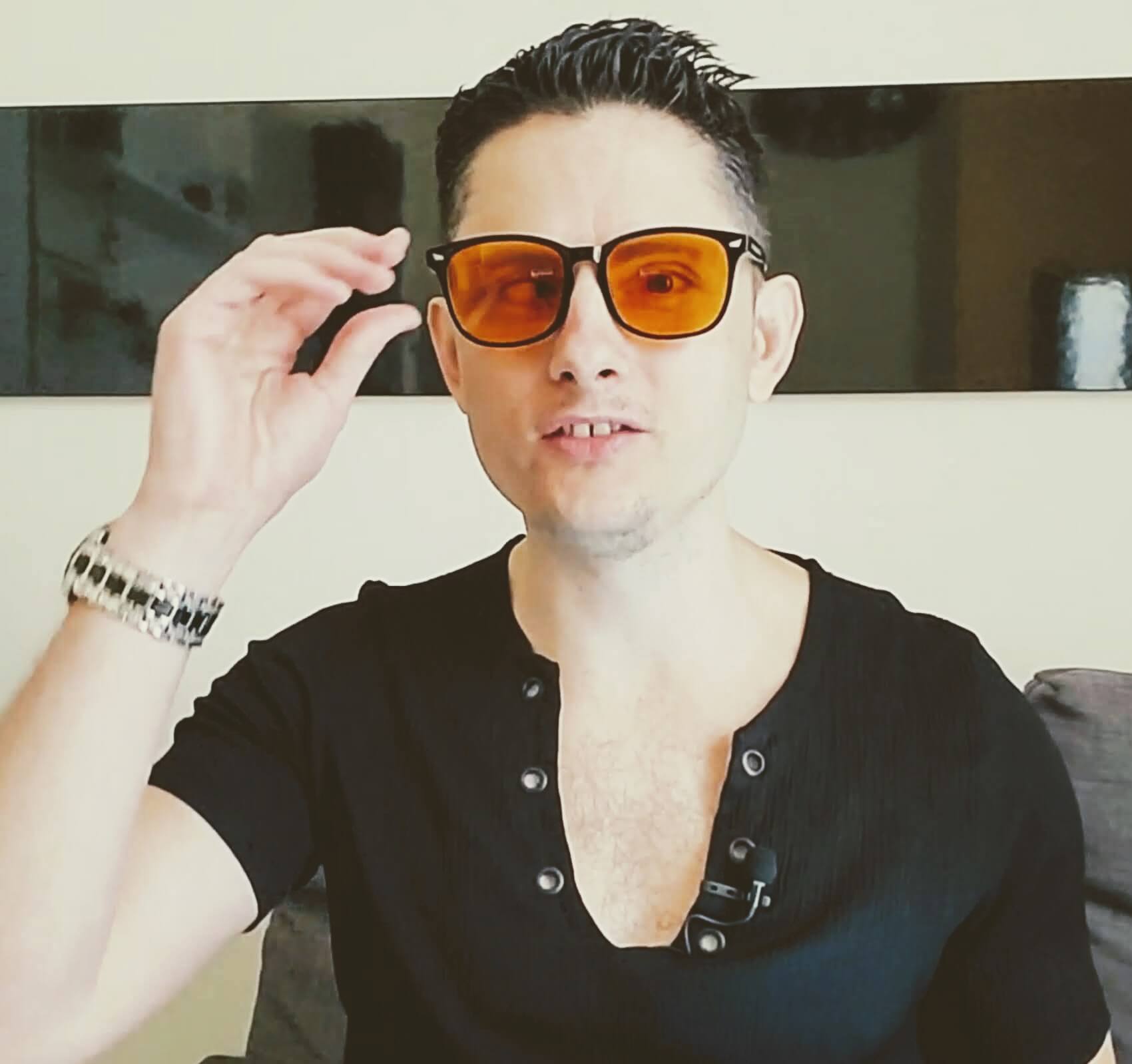428 reads
38 Lifehacks From "Tools of Titans" by Tim Ferriss
by
September 19th, 2024
Audio Presented by

Adventuring philosopher, Pompous pontificator, Writer, Biohacker, Tantric husband, Raconteur & Smart Drug Dealer
About Author
Adventuring philosopher, Pompous pontificator, Writer, Biohacker, Tantric husband, Raconteur & Smart Drug Dealer
